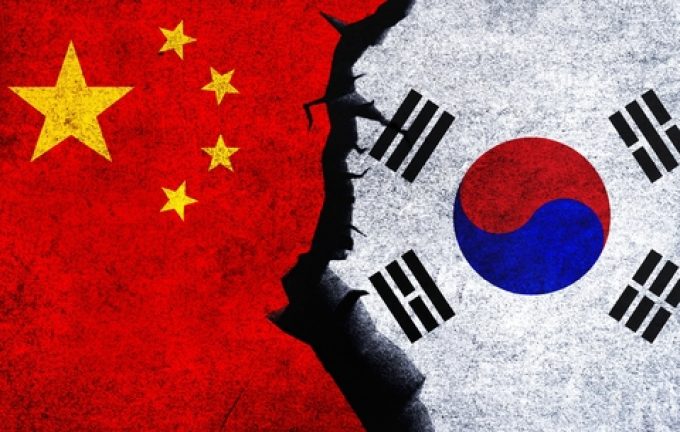RTR: Germany arrests three people suspected of giving technology to China
REUTERS reports: Three Germans have been arrested on suspicion of working with the Chinese secret service ...

Container volumes carried by South Korean ro-pax ships, or car ferries, sank to a six-year low of 524,800 teu in 2023, according to figures from the country’s ro-ro operators.
The figure was equivalent to a 16% decline on 2022.
The ro-pax ships carry passengers, cars and containers between South Korea and China, and when container freight rates hit historical highs during Covid, they carried 671,100 teu in 2021, a record high.
But demand for container shipments has been hit by China’s economic slowdown, with the overall regression in the container freight market also a factor, as fewer containers entered South Korea from China for transhipment to the US.
Ro-ro operators usually charge more for containers than liner operators, further discouraging shipments.
Significant volume declines were observed on the Pyeongtaek-Rizhao route, where 41,300 teu was moved, down 36% from 2022; on Pyeongtaek-Weihai, down 35% to 30,100 teu; and Incheon-Qingdao, down 29% to 46,300 teu; while on the Pyeongtaek-Rongcheng route, volumes were relatively stable, at 50,000 teu.
Shipment numbers were also affected by a prolonged suspension of the Incheon-Dandong route, due to construction in China’s Dandong port. The ro-ro vessel Oriental Pearl VI, operated by Dandong International Ferry on the route, was sold to JS Shipping, which moved the vessel to the Sokcho-Vladivostok route.
While it remains to be seen if the Red Sea crisis, with its longer diveryed sailing times around the Cape of Good Hope, will boost container volumes on South Korea’s ro-pax ships, the shortage of car-carriers persists.
The South Korean government is now becoming directly involved. State-controlled ship finance provider Korea Ocean Business Corp last week invited tenders from shipbuilders to construct four LNG-dual-fuelled 10,800 ceu car-carriers for long-term charter to Hyundai Glovis, the carmaker’s logistics arm.
This order will add to the similar dozen Seaspan Corp and HMM commissioned in Chinese shipyards Shanghai Waigaoqiao and Guangzhou in December, for long-term charter to Glovis. By September 2027, Glovis hopes to have 28 new car-carriers on the water.
South Korea’s Minister of Oceans and Fisheries, Kang Do-hyung, said the leasing agreement between KOBC and Glovis is expected to alleviate the “difficult situation of car delivery and transport in the context of the situation in the Red Sea and the shortage of car ships”, thereby supporting South Korea’s car exports.
Car exports from South Korea are estimated to have topped 2.7 million vehicles, worth $53.7bn, setting a new record high as demand continues to recover after the pandemic.
Comment on this article